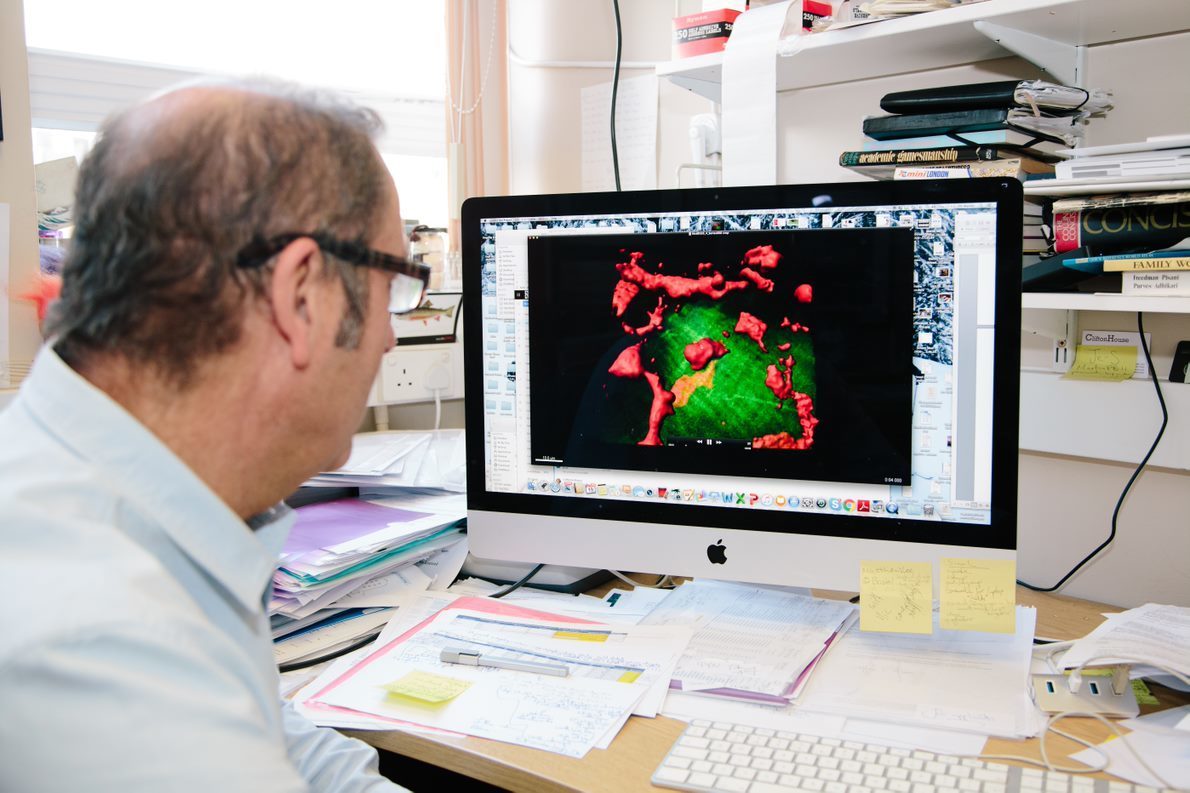Our research team have worked tirelessly, some continuing work from home and some changing their focus for a short while to support COVID-19 projects and front-line, NHS needs. Indeed, although 2020 has presented many hurdles for our research teams, we are delighted to have still made important progress in our scar free objectives.
At the start of the year, The Scar Free Foundation Cleft Gene Bank and Cohort Study at the University of Bristol (The Cleft Collective) won the Royal College of Paediatric and Child Health/NIHR Paediatric Involvement and Engagement in Research (PIER) prize for their innovative use of Patient and Public Involvement in their research. The Cleft Collective team also released evidence supporting the proposition that children born with a cleft lip, (either with or without a cleft palate) are not likely to be genetically predisposed to do less well at school than their peers. These findings are significant and will be used to inform family counselling and coping strategies as well as helping to ensure that children with a cleft are given the appropriate support to fulfil their potential. The full study can be read here, in the International Journal of Epidemiology.
Similarly, the UNITS (Understanding Needs and Interventions for the Treatment of Scarring) team – part of The Scar Free Foundation Centre for Conflict Wound Research based at the University of the West of England – also achieved two significant milestones in their study this year with the publication of their literature review and the completion of the questionnaire portion of the study. This three-year study is exploring the experiences of military personnel and veterans who have sustained appearance-altering injuries during military operations or training since 1969 (including their family members). Indeed, their published literature review lays an important foundation for research into psychosocial concerns among veterans and highlights why the study is so important. To read the full review, click here.
We were excited to launch our revolutionary new project into scar assessment; the Birmingham Objective Scar Scale (BOSS-II) which aims to validate a new scale to accurately and reliably measure scarring after a burn or traumatic injury. This study is very generously supported by the VTCT Foundation, and you can read more about it here.
You may also have seen the SafeTea campaign online between October 2019 and January 2020. We were honoured to support this important national health campaign, which was funded by the Worshipful Company of Tinplate Workers, the VTCT Foundation and Health and Care Research Wales (Welsh Government). The campaign sought to reduce the number of young children sustaining hot drink burns, a widespread issue affecting 30 babies and young children each day in the UK. After a successful campaign, the SafeTea team published their findings in the Injury Prevention Journal. The team also presented on their findings at the Worshipful Company of Tinplate Workers presentation event in November, and you can watch the presentation here.
We also were delighted to be able to launch our Conflict Wound Research grant call, generously supported by the Chancellor using Libor funds, offering grants of £10,000-£50,000 to teams that are conducting short-term, small-scale projects which could generate data to underpin more substantial research projects/programmes. We are currently in the process of contracting the chosen research projects, and we’re excited to begin the selected projects.
Finally, in a positive end to a difficult year, we launched our pioneering programme at Bristol University into identifying the scarring gene(s), which we are proud to say is a world’s first. The launch of this programme was covered by several news outlets, and we were so grateful to our Ambassadors Sophie and Delilah for supporting this launch. To read more about the study, click here.
We could not have anticipated our 20th anniversary year in this way but we are proud of the research that has continued, and what we have achieved despite the challenges presented by COVID-19. Our thanks must go to the researchers, who have continued to work tirelessly towards scar free healing and to our funders, who have made this research possible. If you would like to support the Foundation's research, thank you. you can do so here.

